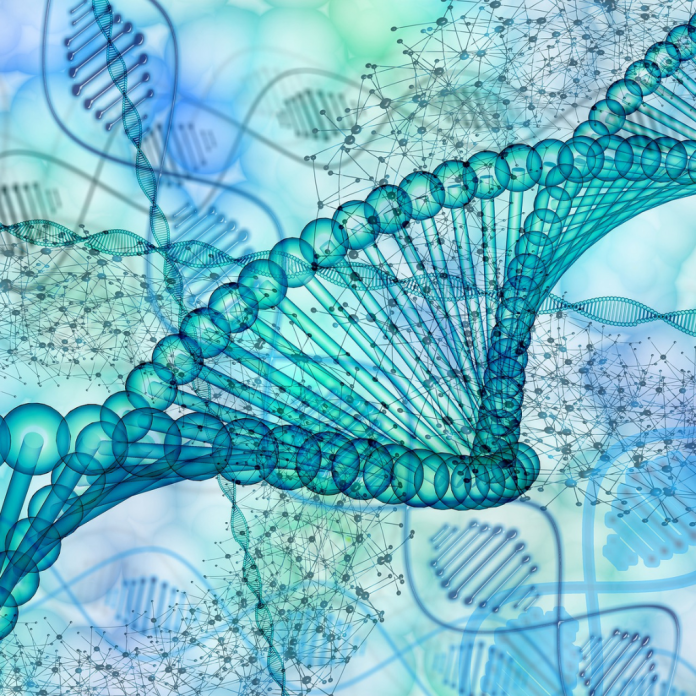Genetic modification has quickly become a hot topic of debate, with people on both sides of the issue passionately voicing their opinions. Some believe genetic modification is the key to solving many of the world’s problems. In contrast, others believe it is an unnatural process that could lead to natural imbalances. In this blog post, we will explore the pros and cons of genetic modification and try to determine whether or not it is something that should be welcomed into our world.
- What is genetic modification?
Genetic modification is the process of artificially altering the genes of an organism. This can change the organism’s characteristics or introduce new genes into the organism’s genome. There are several different methods for genetic modification, but the most common is gene editing. Gene editing is a technique that uses CRISPR-Cas9 to cut and replace genes. - The pros of genetic modification
Genetic modification has been around for centuries and has been used to improve crops and animals. Genetic modification has many benefits, including increased disease resistance, improved nutrition, and increased yield. Genetic modification can also help create crops more resistant to pests and drought. Genetic modification can also help create animals resistant to disease and have higher yields. - The cons of genetic modification
There are several potential drawbacks to genetic modification. One of the most significant is the potential for unintended consequences. Genetic modification can cause unforeseen changes in the organism’s genome, which may have unforeseen and potentially harmful effects. Additionally, GM crops may be harmful to the environment. They can cross-breed with natural crops, creating “superweeds” resistant to herbicides. They may also disrupt the natural ecosystem, potentially harming other plants and animals. - Is our nature imbalanced?
There has been a long-standing debate surrounding the idea of nature vs. nurture. The question of whether our nature or our environment determines who we are is a difficult one to answer. However, some experts believe that our nature may be more influential than we think.
Evidence suggests that our genes may predetermine some aspects of our personality. For example, research has shown that people who are more neurotic tend to have a genetic predisposition for it. This means that no matter how much their environment may try to change them, they will always be more neurotic than others.
Other traits, such as our level of intelligence, may also be primarily determined by our genes. Studies have shown that intelligence is influenced mainly by the number of genes we inherit from our parents. If your parents are both intelligent, you are more likely to be smart too.
While it is clear that our genes play a role in our personality, it is also important to note that our environment is still crucial. Our environment can help shape who we are and even override our genes. For example, suppose a child is born with a genetic predisposition for being shy but is raised in a family that encourages them to be social. In that case, they will likely become more social than someone not raised in such a family.
So, what is the answer to the nature vs. nurture debate? Both nature and nurture likely play a role in shaping our personality. However, our nature is likely more influential than our environment.
After exploring the pros and cons of genetic modification, it is clear that this is a topic that is ripe for further debate. While there are some clear benefits to the process, there are also potential dangers that must be considered. Ultimately, it is up to each individual to decide where they stand on this issue, but it is important to be aware of the arguments on both sides.


